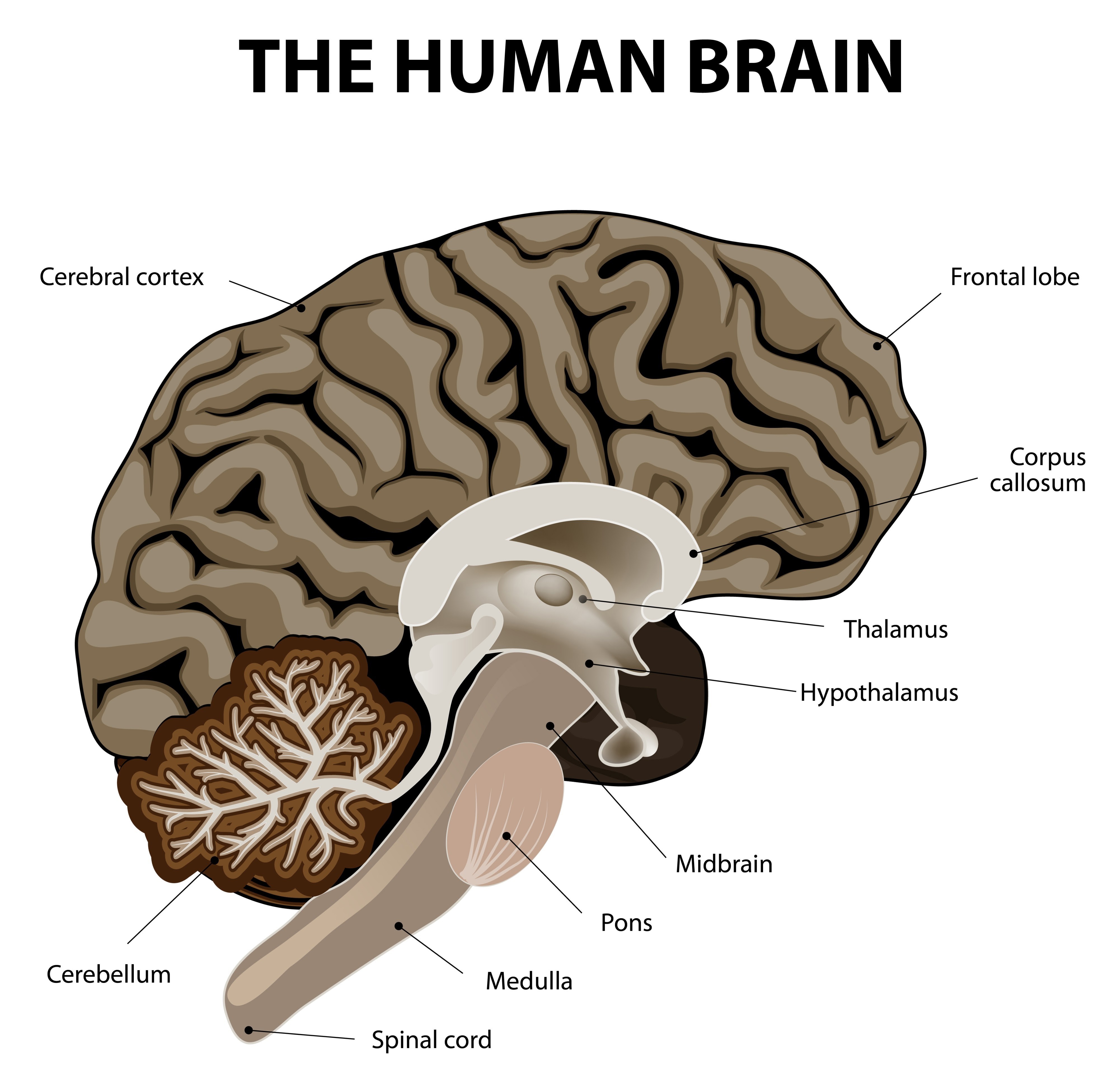What are the classes needed for psychology?
Classes Needed for a Psychology Degree
Earning a psychology degree opens the door to careers in mental health, counseling, research, education, and more. Whether pursuing an undergraduate or graduate degree, students must complete a variety of courses to build a strong foundation in psychology principles, research methods, and applied practices.
Core Classes in a Psychology Degree
1. Introduction to Psychology
Provides a broad overview of psychology as a science.
Covers topics such as cognitive processes, behavior, development, and mental health.
2. Research Methods in Psychology
Teaches students how to design studies, collect data, and analyze results.
Includes both qualitative and quantitative research techniques.
3. Statistics for Psychology
Focuses on statistical methods used in psychological research.
Helps students interpret data, conduct experiments, and evaluate research findings.
4. Biopsychology / Neuroscience
Examines the relationship between brain function and behavior.
Topics include brain anatomy, neural communication, and the effects of neurotransmitters.
5. Developmental Psychology
Explores psychological growth and changes throughout the lifespan.
Covers cognitive, social, and emotional development from infancy to adulthood.
6. Cognitive Psychology
Studies mental processes such as memory, perception, learning, and problem-solving.
7. Social Psychology
Examines how social interactions, group behavior, and cultural influences shape behavior.
8. Abnormal Psychology
Focuses on mental disorders, their symptoms, causes, and treatments.
Prepares students for careers in counseling, therapy, or clinical psychology.
9. Personality Psychology
Explores theories of personality development and assessment methods.
10. Capstone or Senior Seminar
Integrates knowledge from previous courses into a research project or applied study.
Provides practical experience and prepares students for advanced studies or professional work.
Elective and Specialized Courses
Many psychology programs offer electives to tailor the degree to specific interests, such as:
Clinical or counseling psychology
Forensic psychology
Industrial-organizational psychology
Health psychology
Educational psychology
Final Thoughts
Completing a psychology degree requires a combination of core courses, research training, and electives to develop a well-rounded understanding of human behavior. By taking these classes, students gain the knowledge and skills needed for careers in mental health, research, education, and other psychology-related fields.
Studying psychology as an undergraduate involves a mix of foundational core courses, specialized electives, and often, research and statistics classes to build a strong scientific understanding of human behavior and mental processes.
Classes Required to Study Psychology
Most undergraduate psychology programs require a set of foundational courses, often emphasizing scientific and research skills, in addition to general education requirements. While specific course names and numbers vary by institution, you can expect to take:
An Introductory Psychology course (often called "Psych 101").
A Statistics course, specifically for behavioral sciences.
A Research Methods course, which is crucial for understanding how psychological studies are designed and conducted.
A selection of core psychology courses that cover the major subfields of psychology (see section 2).
Various electives within psychology and sometimes in related fields.
Some Bachelor of Science (BS) in Psychology programs, especially those geared towards careers in health or research, may also require a strong background in natural sciences (e.g., biology, chemistry) and mathematics (e.g., calculus, computer programming).
Core Psychology Courses for Undergraduate Students
Core psychology courses provide a broad overview of the scientific study of mind and behavior. These typically fall into several key "pillars" or domains of psychology:
Biological Basis of Behavior (Biopsychology/Neuroscience): Explores the relationship between the brain, nervous system, and behavior. Courses might include "Physiological Psychology," "Behavioral Neuroscience," or "Drugs and Behavior."
Developmental Psychology: Examines human development across the lifespan, from infancy to old age. This includes cognitive, social, and emotional changes.
Social Psychology: Studies how individuals' thoughts, feelings, and behaviors are influenced by others and by social environments.
Personality Psychology: Explores theories of personality development and individual differences in traits and behaviors.
Abnormal Psychology/Clinical Science: Focuses on psychological disorders, their causes, symptoms, diagnosis, and treatment. This is often a highly popular course for those interested in mental health careers.
History and Theories of Psychology: Traces the origins and evolution of psychological thought and major theoretical frameworks.
Most programs require students to take at least one course from each of these major areas to ensure a well-rounded understanding of the field.
Elective Options to Complement Psychology Studies
Electives allow you to delve deeper into areas of psychology that interest you or to broaden your knowledge with courses from other disciplines that complement psychological studies.
Within Psychology:
Specialized Areas: Courses like "Sports Psychology," "Forensic Psychology," "Health Psychology," "Environmental Psychology," "Cross-Cultural Psychology," or "Industrial-Organizational (I/O) Psychology."
Advanced Research/Lab Courses: Opportunities to get hands-on experience with specific research methods (e.g., "Experimental Child Psychology").
Supervised Field Placement/Internship: Gaining practical experience in a psychological setting.
Outside Psychology (Complementary Fields):
Statistics and Math: Advanced statistics, calculus, or computer science courses are highly beneficial, especially for research-oriented careers or graduate school.
Natural Sciences: Biology, chemistry, and physics are excellent for understanding the biological underpinnings of behavior, especially for those interested in neuropsychology, behavioral genetics, or even pre-med paths.
Sociology/Anthropology: Provides a broader understanding of human societies, cultures, and social structures.
Philosophy: Can enhance critical thinking and delve into foundational questions about the mind and knowledge.
Communications/English: Improves written and oral communication skills, which are vital for any psychology career.
Business/Economics: Useful for those interested in Industrial-Organizational (I/O) psychology, marketing, or human resources.
Pre-Law/Criminal Justice: Relevant for forensic psychology or legal careers.
Preparing for Advanced Psychology Programs
If you're considering graduate school in psychology (Master's or Ph.D.), undergraduate preparation is key:
Strong GPA: Aim for a high GPA, especially in your psychology and science courses (often 3.5 or higher for competitive Ph.D. programs).
Research Experience: This is arguably the most important factor for doctoral programs. Seek opportunities to work in a faculty member's research lab, ideally getting involved in data collection, analysis, and presenting research (e.g., at conferences or through an honors thesis).
Statistics and Research Methods: Excel in these courses and consider taking advanced versions. Some graduate programs may require specific coursework in quantitative methods.
Relevant Electives: Tailor your electives to your intended graduate specialization (e.g., abnormal psychology for clinical, cognitive neuroscience for cognitive programs).
Strong Letters of Recommendation: Build relationships with professors by attending office hours, participating in class, and engaging in research. You'll need faculty who can speak to your academic abilities and research potential.
GRE (Graduate Record Examinations): Many programs still require the GRE General Test, and some specialized programs may require the Psychology Subject Test. Plan to study and take these exams well in advance of application deadlines.
Personal Statement/Essays: Craft a compelling personal statement that articulates your interest in psychology, your research interests, and why a particular program is a good fit for your goals.
Internships/Volunteer Work: Gaining applied experience in a relevant setting (e.g., mental health clinics, schools, social service agencies) can strengthen your application, especially for counseling or clinical programs.
Tips for Selecting the Right Psychology Classes
Choosing your psychology classes strategically can maximize your learning and prepare you for your future goals.
Explore Broadly First: Take introductory courses across different psychological subfields (e.g., cognitive, social, developmental, biological, abnormal) during your freshman and sophomore years. This helps you discover what genuinely interests you before specializing.
Talk to Your Advisor: Your academic advisor is an invaluable resource. They can guide you through degree requirements, recommend courses based on your career aspirations, and help you plan your academic path.
Consider Your Career Goals:
Clinical/Counseling: Prioritize abnormal psychology, clinical psychology, and courses focusing on counseling skills.
Research/Academia: Emphasize advanced research methods, statistics, and opportunities for lab work.
Industrial-Organizational (I/O): Focus on social psychology, organizational psychology, and consider business or management electives.
Neuroscience: Take more biology, chemistry, and specialized neuroscience courses.
Read Course Descriptions Carefully: Don't just look at titles. Read the detailed course descriptions to understand the content, prerequisites, and teaching style.
Talk to Professors and Upperclassmen: Get insights from students who have taken certain classes or professors who teach in areas that interest you. This can provide valuable perspective on course difficulty, teaching style, and relevance.
Balance Workload: Try to balance challenging courses with less demanding ones to maintain a strong GPA and avoid burnout.
Don't Be Afraid to Change Direction: It's okay if your interests evolve as you take more classes. Psychology is a vast field, and you might discover a passion you didn't know you had.












